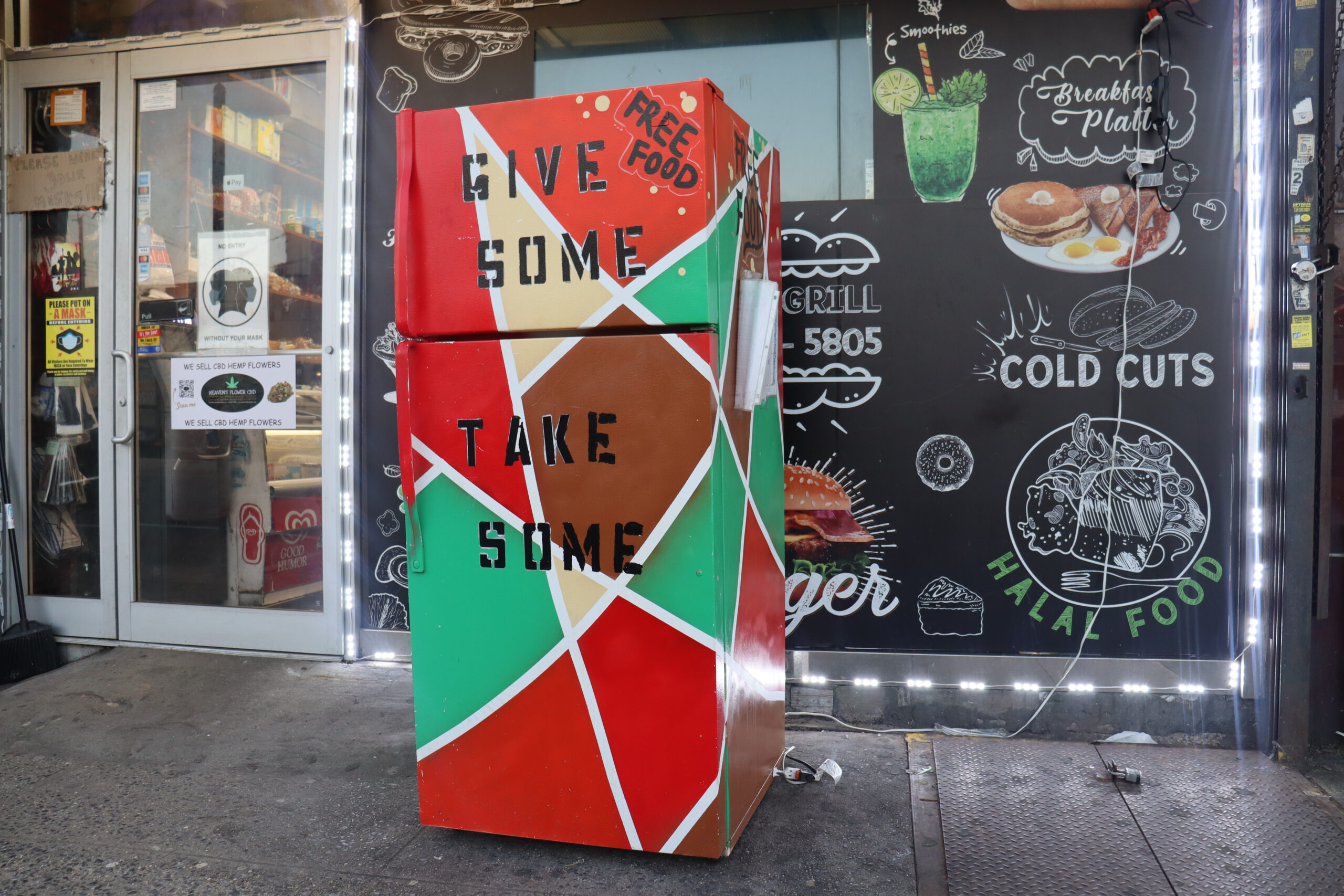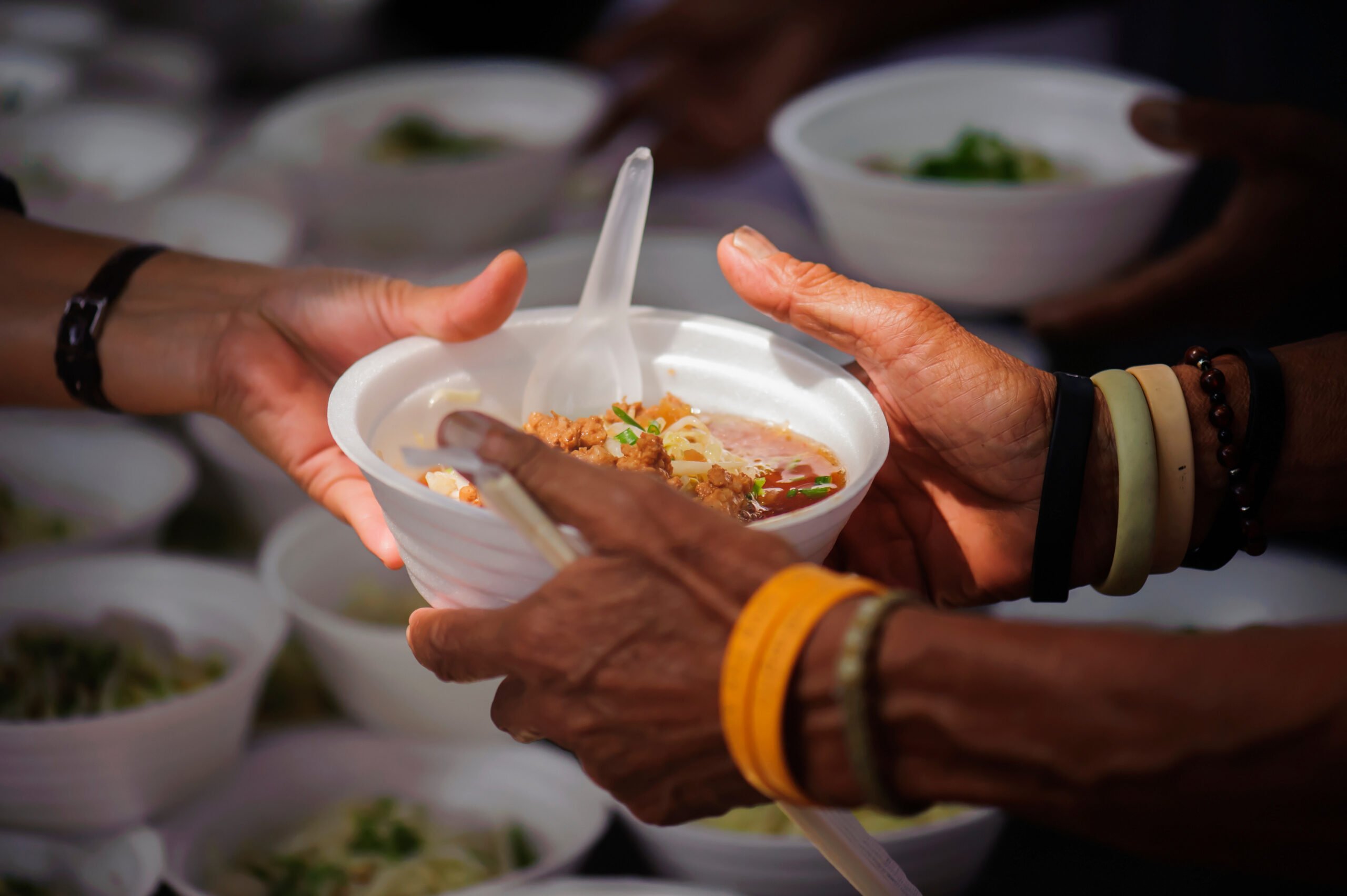Turning the Food Desert into an Oasis
A version of this story ran in the January 2012 issue.
For many Texans, it’s easier to get Cheetos, Twinkies and Ho Hos from a convenience store than fresh fruits and vegetables from a supermarket.
The U.S. Department of Agriculture reports that approximately 15 percent of Texans reside in food deserts, defined as more than a mile from a grocery store or supermarket in cities, and more than 10 miles in rural areas. National studies have linked lack of access to healthy food in low-income and minority communities with diet-related diseases such as diabetes and high blood pressure. The story has made its way to the White House, where first lady Michelle Obama has campaigned against childhood obesity and for financing healthy food initiatives. Recently, she recognized Walgreens for offering produce in some of its inner city stores, not just the usual assortment of high-fat, high-sugar, processed foods.
Given the situation, you’d think our state government would promote bipartisan legislation to help people gain easier access to nutritious food.
So far, that isn’t the case.
Last session, Gov. Rick Perry signed into law House Bill 2994, the Urban Loan Microenterprise Support Program, a state-managed lending system for fruit and vegetable growers in cities with populations of at least 500,000. The bill was sponsored by Rep. Borris Miles, D-Houston, and Sen. Craig Estes, R-Wichita Falls.
Miles said he authored the bill to help combat food deserts. “We don’t have anything nutritional to eat around here,” he said of parts of his Southeast Houston district.
But there’s no money for the program in the state budget. Hopefully someday the program will award $25,000 to $50,000 loans to new and existing farms, respectively. In many cases, that means community gardens. According to the law, which went into effect Sept. 1, just about anyone can donate to the fund—individuals, businesses, local governments, even Uncle Sam—except the state.
But the people tasked with controlling the fund—the board of directors of the Texas Agricultural Finance Authority—aren’t making it easy to donate. Agriculture Department Communications Director Bryan Black said the fund hasn’t been set up yet due to a lack of money. When I inquired to whom a donor could write a check and where to send the donation, Black couldn’t answer. After a few follow-up calls over a week or so, he clarified how to donate to the fund. He added that the finance authority plans to discuss the program at its next meeting—sometime in July.
This is the type of program that Texas Agriculture Commissioner Todd Staples, a candidate for lieutenant governor in 2012, could help promote. In October he announced his support for the “No Kid Hungry” campaign. The campaign’s mission is “to develop and implement strategies to alleviate hunger through policy, education, community organizing, and community development.” The urban loan program could help with that effort. Many nonprofit urban gardening organizations such as Urban Harvest in Houston donate produce to food banks and organize farmers markets in communities without easy access to grocery stores.
Until the fund can get going in earnest and begin to have an impact, Doritos and Ding Dongs will still be easier to find than fruits and vegetables in some urban neighborhoods.
Echoing the message of healthy food advocates across the country, state Rep. Miles ticked off the health problems associated with life in food deserts: high blood pressure, obesity and diabetes among them. A 2010 report by the nonprofit organizations Policy Link and The Food Trust highlighted research from Baltimore, Los Angeles and Chicago that shows the link between access to healthy food and diet-related health issues.
Cities from Dallas to Detroit are creating community gardens and urban farms on vacant lots to help food desert communities eat healthier and create jobs. Such gardens and farms may not be viable alternatives to well-stocked grocery stores, but at a minimum they help generate awareness about the connections between access to healthy food and health.
Miles said his constituents shouldn’t have to sit around hoping a grocery store will come to them. “I’ve got several vacant lots in my community. … If we grow it on our own, we’re being self-sufficient,” he said.
Cheryl Smith is an Austin-based freelancer who writes about agriculture and food policy.


